The top 1% have been an easy political punching bag and scapegoat for our modern political problems. However, the top 10% are equally if not more responsible for the multiple crises within which we live. Marcos Gonzalez Hernando and Gerry Mitchell argue we need to rethink inequality if we are to solve political problems in this article based off their recent book Uncomfortably Off published by Bristol University Press.
Since at least 2008, elites seem to have been behind everything that is wrong fuelling populism of all stars and stripes. But who exactly are the elite? For most of us, the elite is a shorthand for the 1% with the most income (and/or wealth). Bankers, billionaires, Goldman Sachs, Elon Musk. The kind of people whose economic reality and worries are completely different to ours.
However, if inequality is to be reduced, a broader group must be engaged with. In our recent book, Uncomfortably Off, it’s the top 10%, those earning £60,000 and above: the professionals and managers in sectors as varied as law, accounting, healthcare, the media, the state, academia, industry, and politics.
Interviewing them for the book, we found out they mostly socialise with people they meet at work and university, settings which are increasingly segregated by class. Because of that, they do not tend to think they’re rich, and rarely know where they sit on the income distribution. This is partly why headlines such as 'the richest 10% feel they are struggling' and ‘why a six-figure salary no longer means you're rich’ are becoming more frequent.
___
Those we interviewed are very much aware their children will find it harder to own their own homes.
___
This matters because this group has political clout. High earners are more likely to vote than the remaining 90% and make up the bulk of decision makers in the institutions that design, regulate and operate our society. In the States, the preferences of both average and low-income voters have little effect on legislative changes whereas the preferences and needs of the top 10% tend to be met by policy makers, which generally means less taxation and public service provision.
However, not everything is going to plan. The link is weakening between meritocratic rewards for ‘hard work’ and social status. Work is paying less and less. Middle class jobs are hollowing out and are threatened by globalisation, automation, and precarisation. Returns on degrees are ever lower.
Education, traditionally considered the surest way to guarantee a decent living, doesn't seem as sure a bet as it used to. Remember the strikes led by previously solidly middle-class professionals such as junior doctors, academics, and barristers? Nevertheless, it is both becoming more expensive and more sought after. Think of the recent campaign by 'hard-working' relatively high earners against Labour's proposal to add VAT to private school fees.
___
Instead, high earners continue to align their interests with those above them in the income distribution, adapting to crises by insulating, isolating, perhaps relocating for work and they continue to enable the 1% by servicing, protecting, legitimising and growing their wealth.
___
There is also a dearth of affordable housing, even while the housing market remains buoyant. Those we interviewed are very much aware their children will find it harder to own their own homes. Downward mobility – both for themselves and their children – is a concern as is the risk of catastrophic events derailing their upward trajectories.







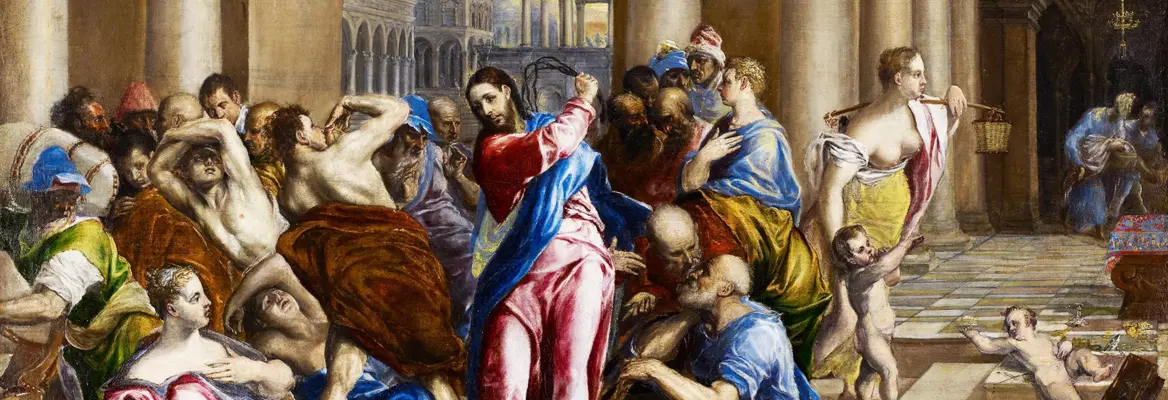


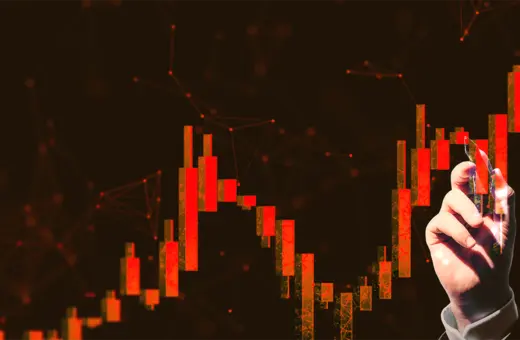



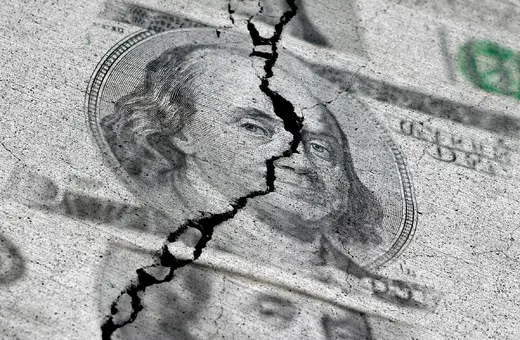



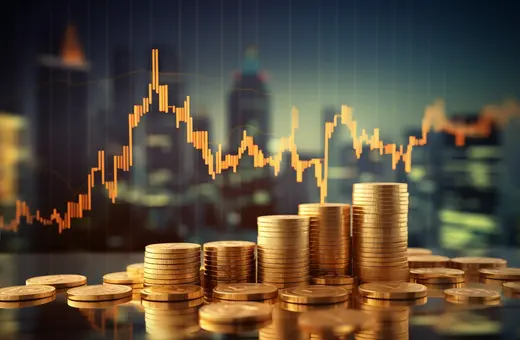

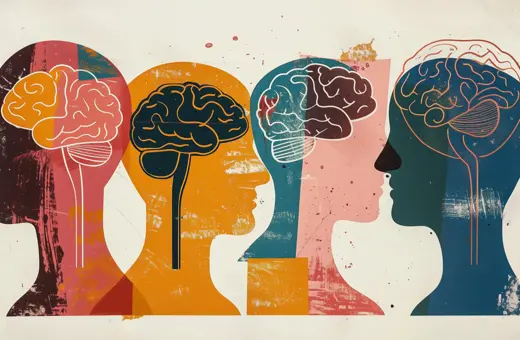
Join the conversation